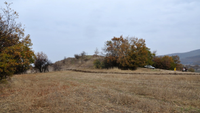
Monumental tomb discovered in Turkey might be of royal from King Midas' kingdom
A burial mound in Turkey may have held the remains of a member of King Midas's family. But not all experts are convinced.
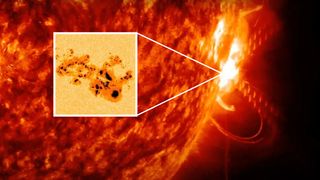
By Harry Baker published
The massive sunspot that sparked an "extreme" geomagnetic storm in May 2024 unleashed hundreds of other dangerous solar flares, including a hidden X-class outburst, a new paper reveals. The study sets a record for the longest continuous observation of a single active region on our home star.
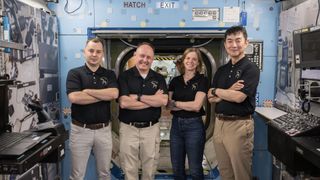
By Sascha Pare last updated
NASA has announced the early return of Crew-11 from the International Space Station after an unidentified astronaut experienced a medical problem.
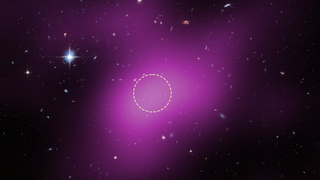
By Ivan Farkas published
Astronomers have revealed a new type of cosmic object called Cloud-9 — a dim, starless gas cloud anchored by a massive dark matter halo that may be the first-confirmed failed galaxy.

By Harry Baker published
Researchers have proposed a theoretical timepiece, dubbed the "CRASH Clock," which tells us how quickly satellites would start colliding if they lost the ability to avoid each other, such as during a powerful solar storm. And its value is rapidly decreasing.

By Patrick Pester published
China's EAST nuclear fusion reactor has successfully kept plasma stable at extreme densities, passing a major fusion milestone and potentially bringing humanity closer to wielding near-limitless clean energy.
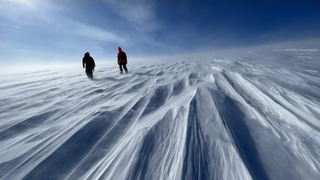
By Skyler Ware published
Scientists drilled to the bottom of Greenland's 1,600-foot deep Prudhoe Dome and found it disappeared in the early Holocene, when temperatures were close to what we're predicted to reach by the end of the century.

By Harry Baker published
Earth from space A 2016 astronaut photo of the Bahamas shows a series of luminous, rippling sandbanks partly carved out by a coral reef. The image also reveals subtle differences in the ocean's surface caused by a steep, hidden ocean drop-off.
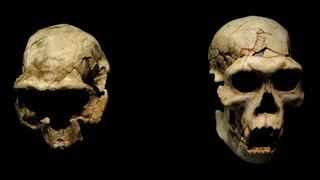
By Charles Q. Choi published
A new analysis of enigmatic skulls from the Republic of Georgia suggest that Homo erectus wasn't the only human species to leave Africa 1.8 million years ago.
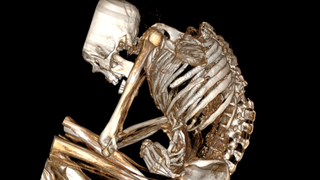
By Kristina Killgrove published
The mummified remains of a man buried close to a turquoise mine in Chile's Atacama Desert suggest he was a miner who died in a tragic occupational accident.

By Kristina Killgrove published
Archaeologists have announced their discovery of a metal hoard that contained an extremely rare example of a Celtic battle trumpet.

By Sascha Pare published
The Waorani capture an Anaconda in Bameno, Ecuador.

By Laura Geggel published
Life's Little Mysteries If you're looking for weird facts about animals, gross human body facts or just something a bit random, get ready to geek out with these fascinating bits of trivia.

By Katherine Irving published
Humans have undoubtedly bred cats to create certain breeds, but did any of these feline breeds emerge naturally?
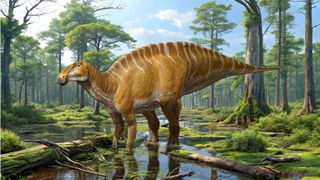
By Skyler Ware published
The dino lived during the Late Cretaceous alongside other hadrosaurids in present-day New Mexico.
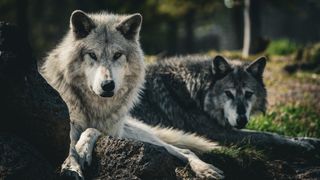
By Olivia Ferrari published
Previous research on the effect of wolves on the food web has been criticized, raising questions about the predator’s role in the Yellowstone ecosystem.
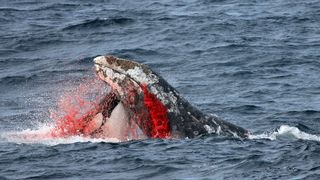
By Sascha Pare published
From sinking boats and feasting on shark livers to dining on whale tongue and tossing porpoises around for fun, orcas are displaying some fascinating — and sometimes terrifying — behaviors.
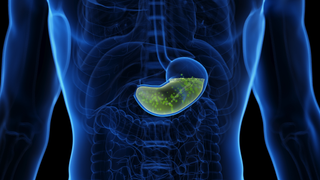
By Victoria Atkinson published
The hydrochloric acid in your stomach can burn through metal — so why doesn't it burn through your stomach?
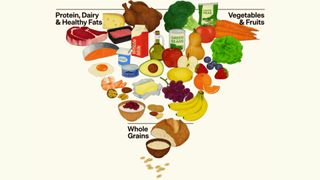
By Nicoletta Lanese published
The federal government has released new dietary guidelines, introducing an emphasis on consuming meat and dairy and avoiding highly processed foods.
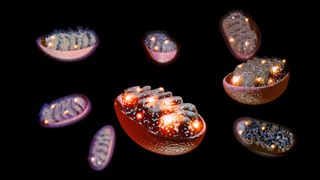
By Nicoletta Lanese published
A new study reveals that nerve cells receive periodic infusions of mitochondria from neighboring cells — and this may point to a new way of treating nerve pain.
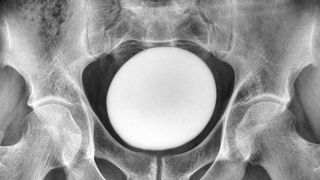
By Mindy Weisberger published
A man visited a hospital because of bladder discomfort, and his doctors discovered a remarkably large bladder stone.

Science questions, answered
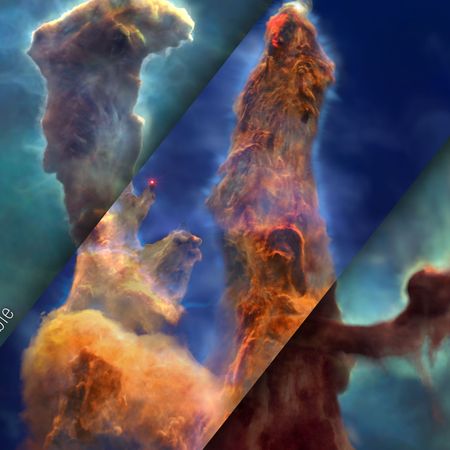
Extraordinary images of our sublime universe

Unusual case reports from the medical literature
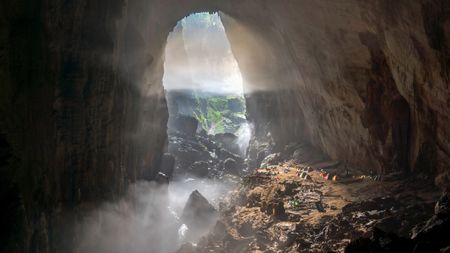
A window onto extraordinary landscapes on Earth

A glimpse into how people lived in the past
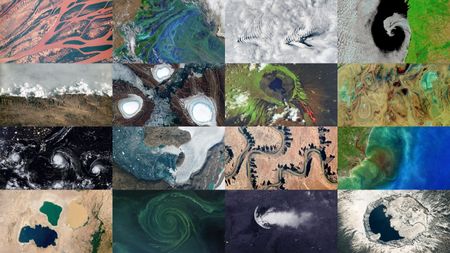
Incredible images of our planet from above

By Ambuj Tewari published
There are several methods for detecting whether a piece of text was written by AI. They all have limitations – and probably always will.

By Drew Turney published
A new study argues that AI can never be more creative than humans, but many experts argue that AI's output will only ever be as good as its input — with the goalposts shifting as AI improves in the years to come.

By Fiona Jackson published
The new storage system could hold family photos, cultural artifacts and the master versions of digital artworks, movies, manuscripts and music for thousands of years, scientists say.

By Tia Ghose published
Sophie Germain was a brilliant, self-taught mathematician who won one of France's most prestigious prizes, yet she declined to attend the award ceremony because the committee members didn't respect her work.
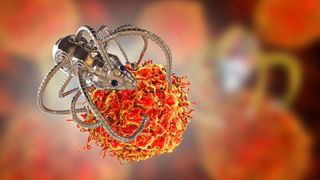
By Tia Ghose published
In a short talk at Caltech, physicist Richard Feynman laid out a vision of manipulating and controlling atoms at the tiniest scale. It would precede the field of nanotechnology by decades.

By Harry Baker last updated
Science crossword Test your knowledge on all things science with our weekly, free crossword puzzle!

By Kim Snaith last updated
There's a total solar eclipse taking place in August 2026, so prepare yourself by picking up a safe set of the best solar eclipse glasses.
 Live Science Plus
Live Science Plus





Please login or signup to comment
Please wait...